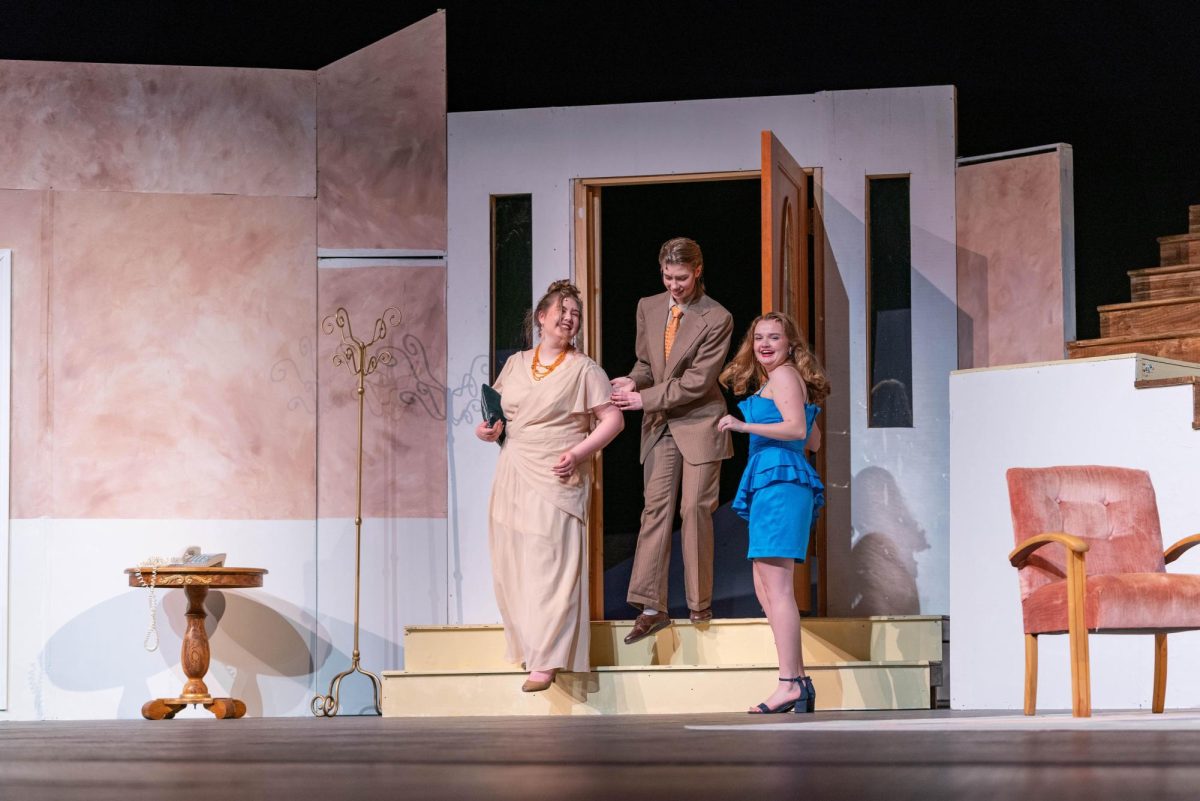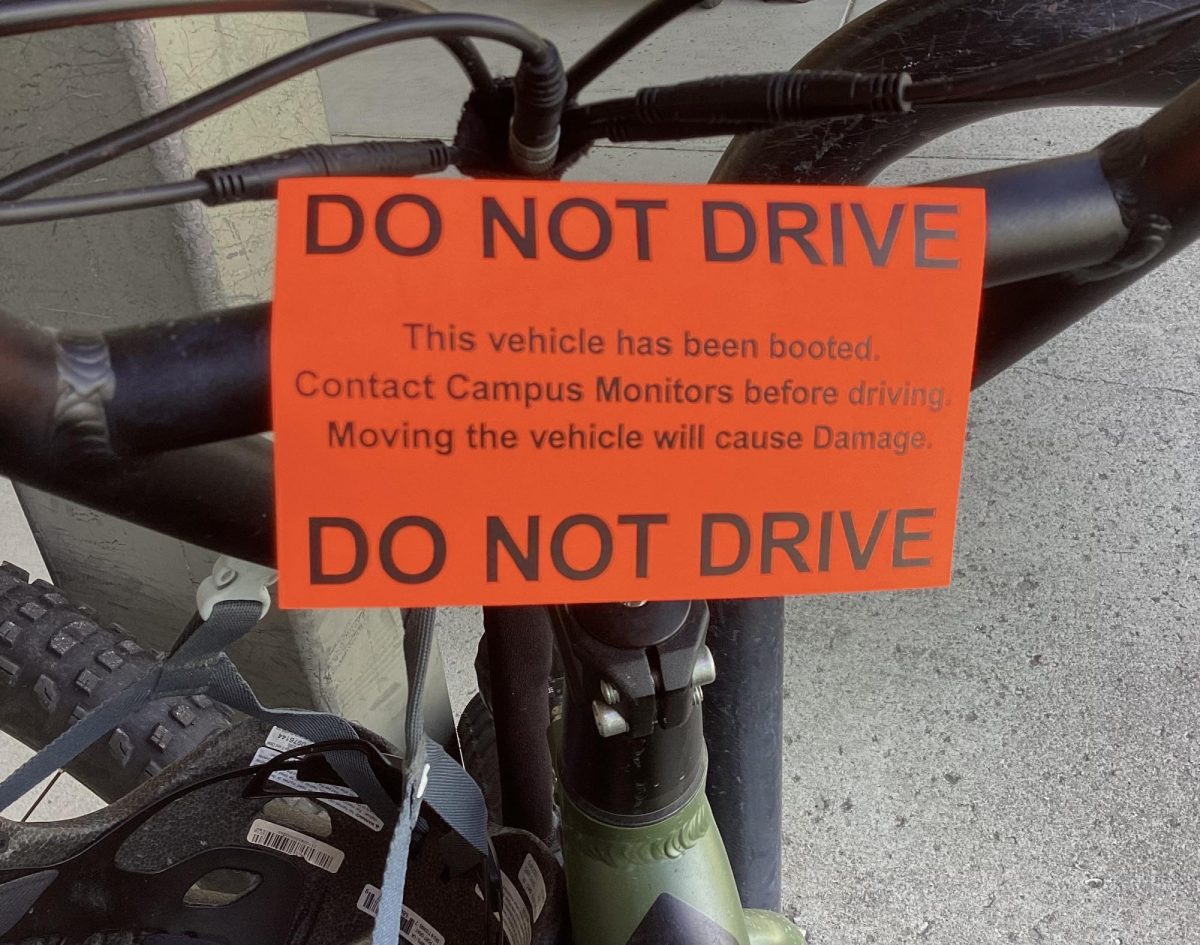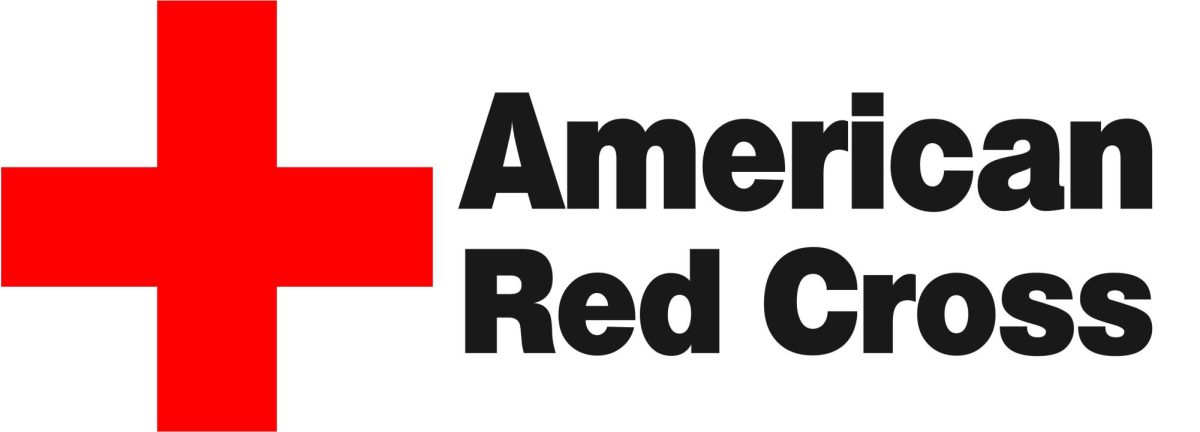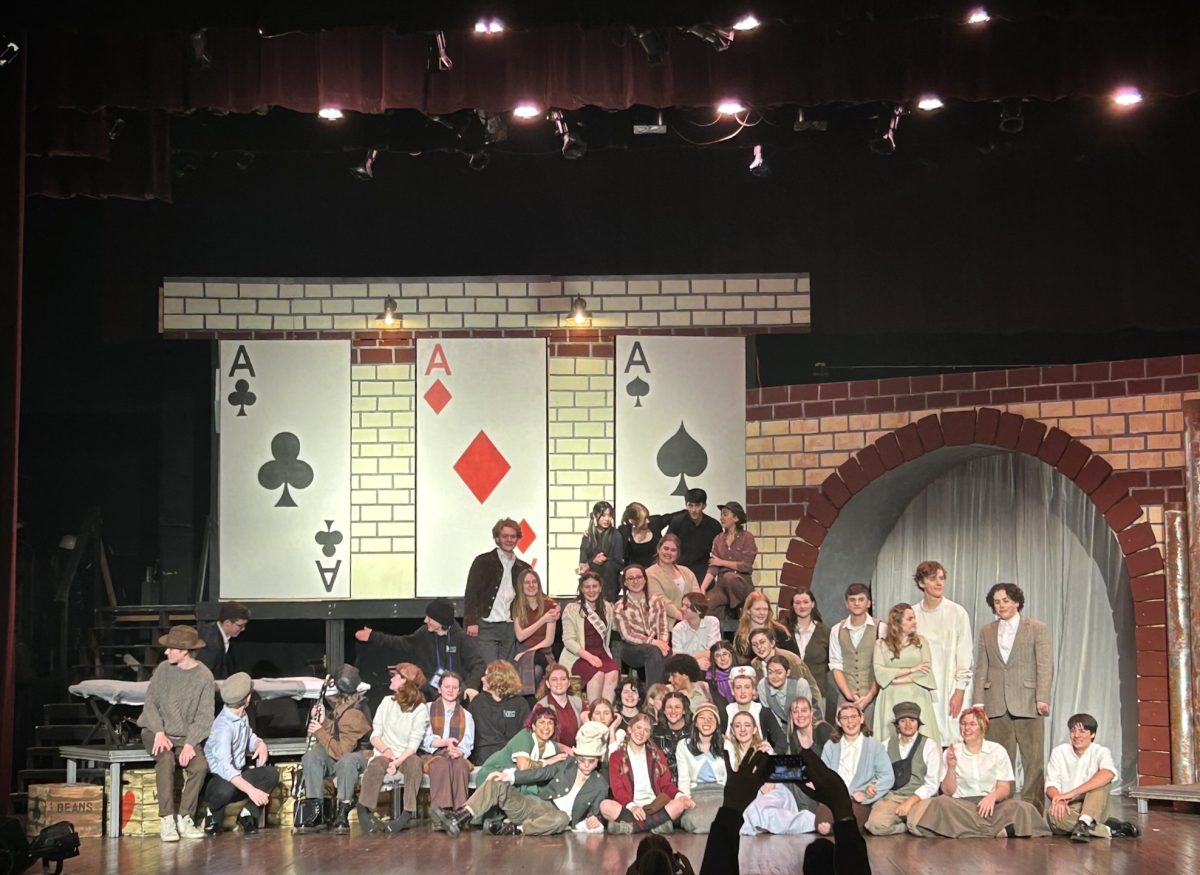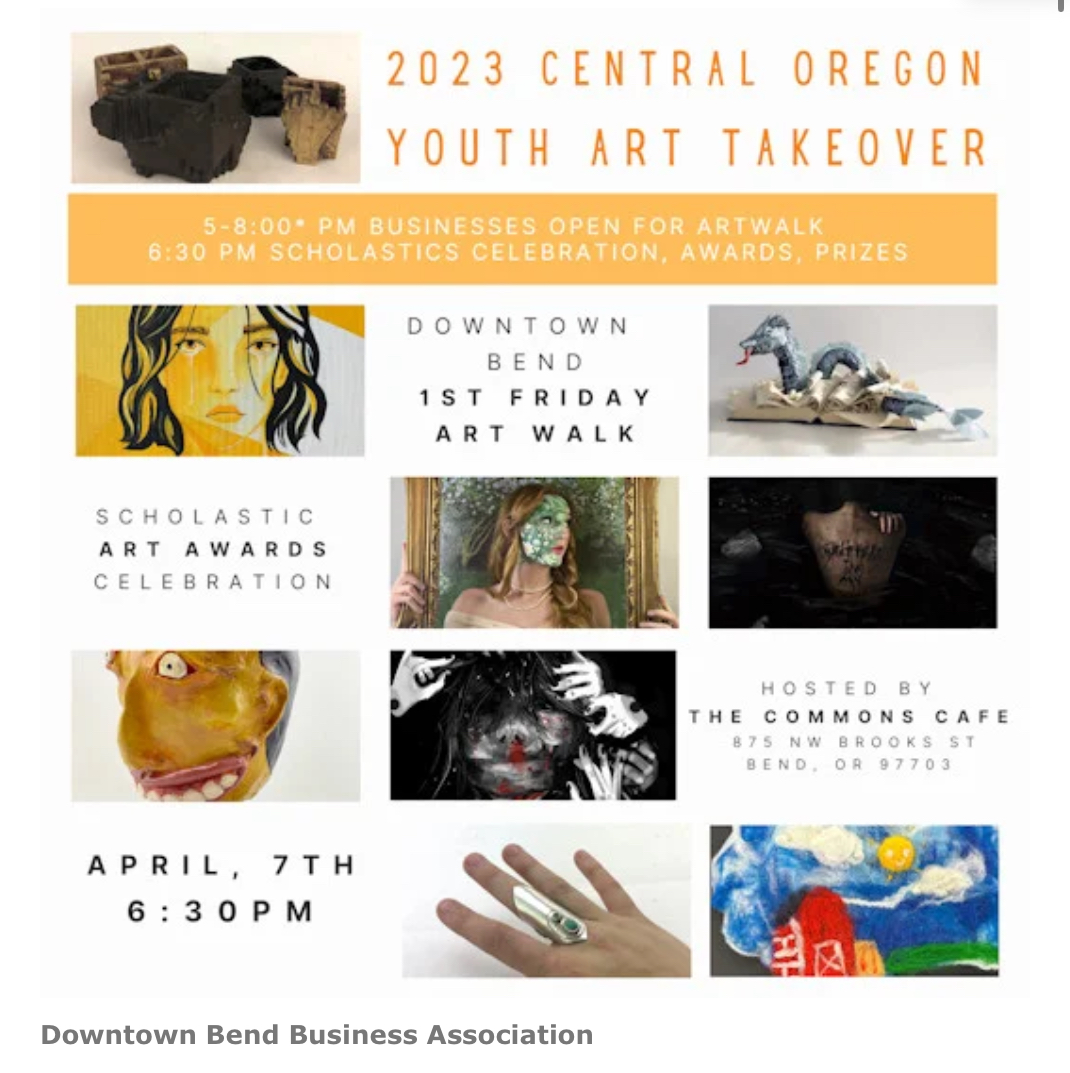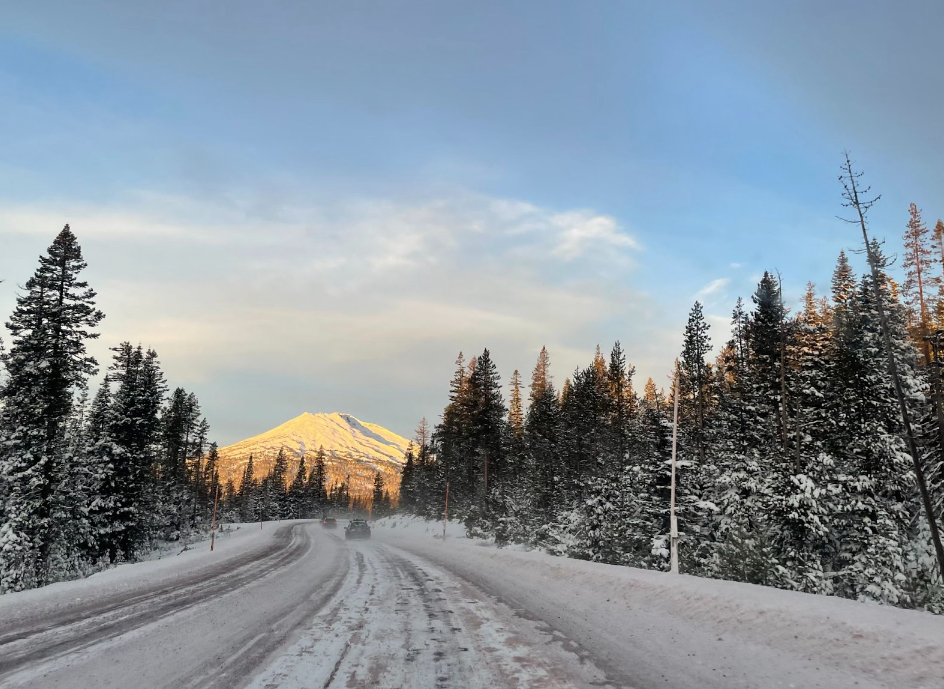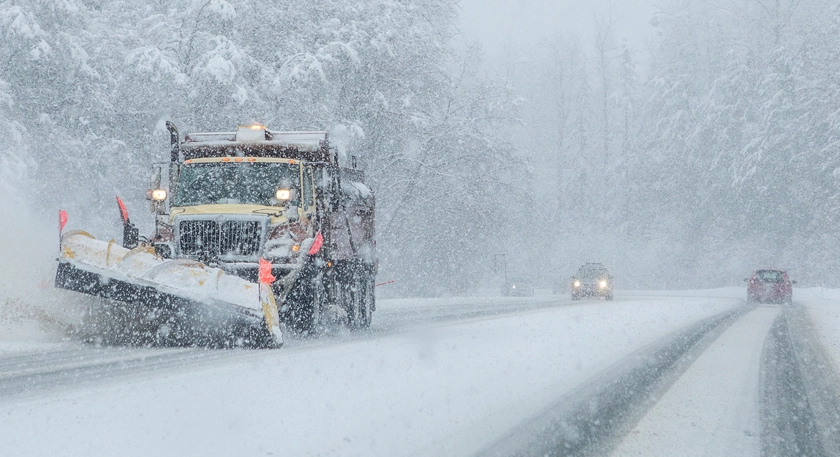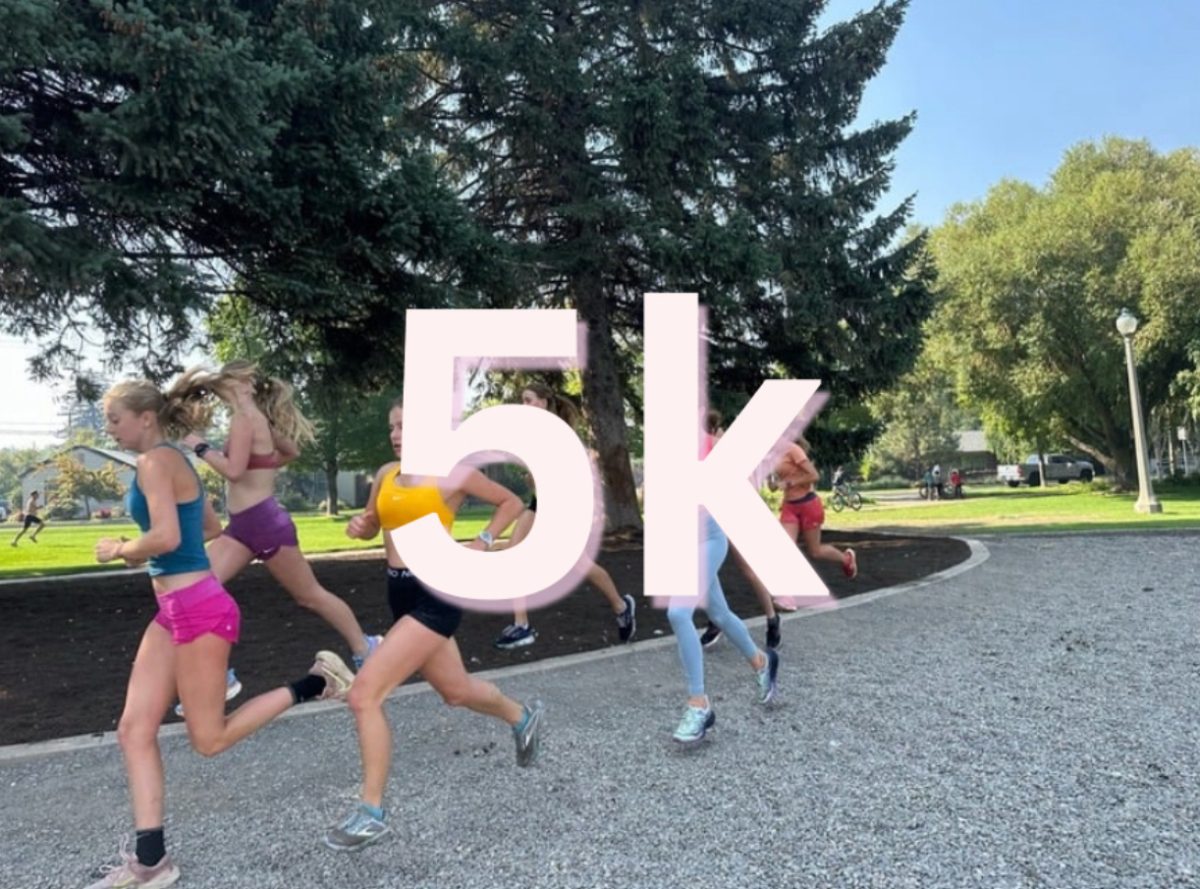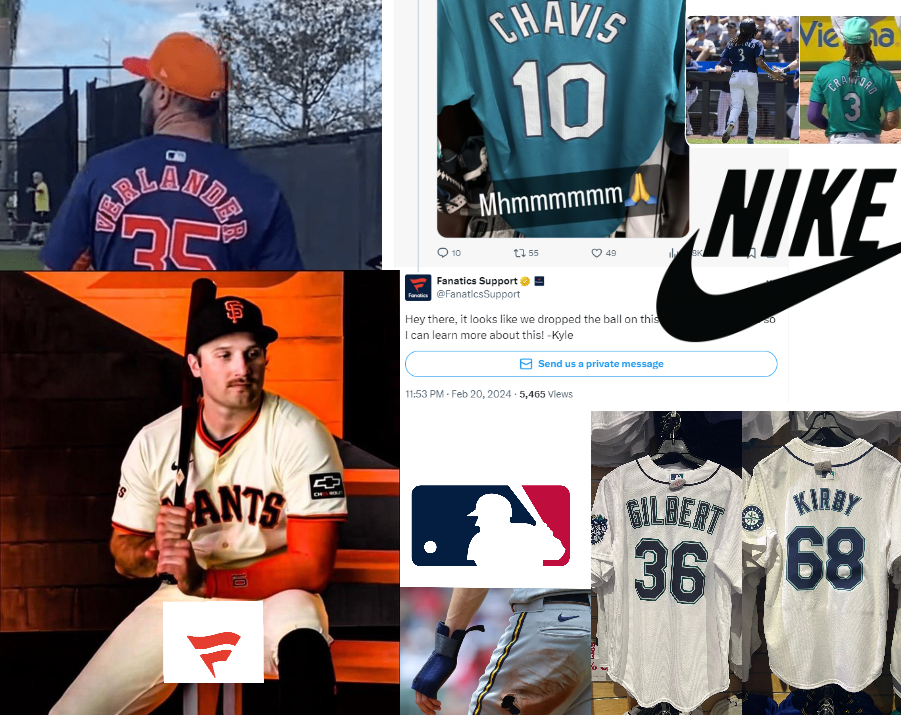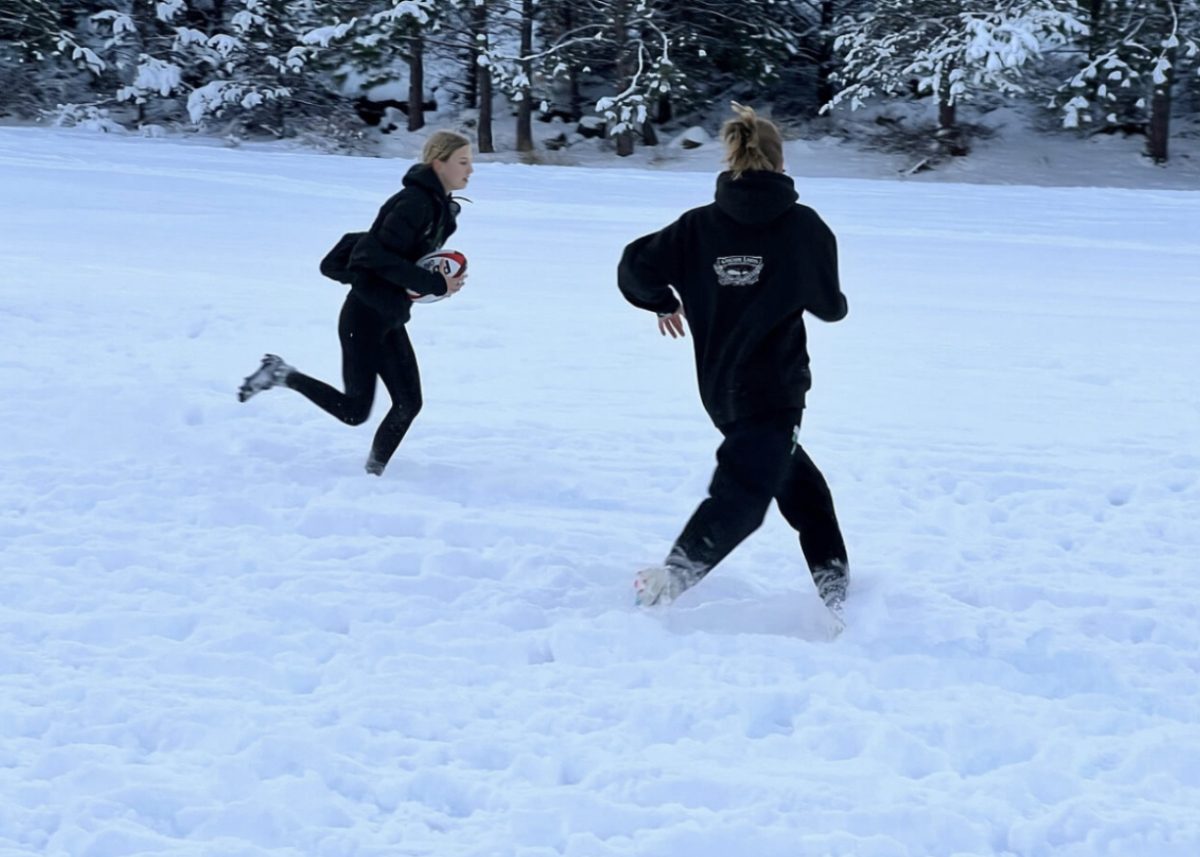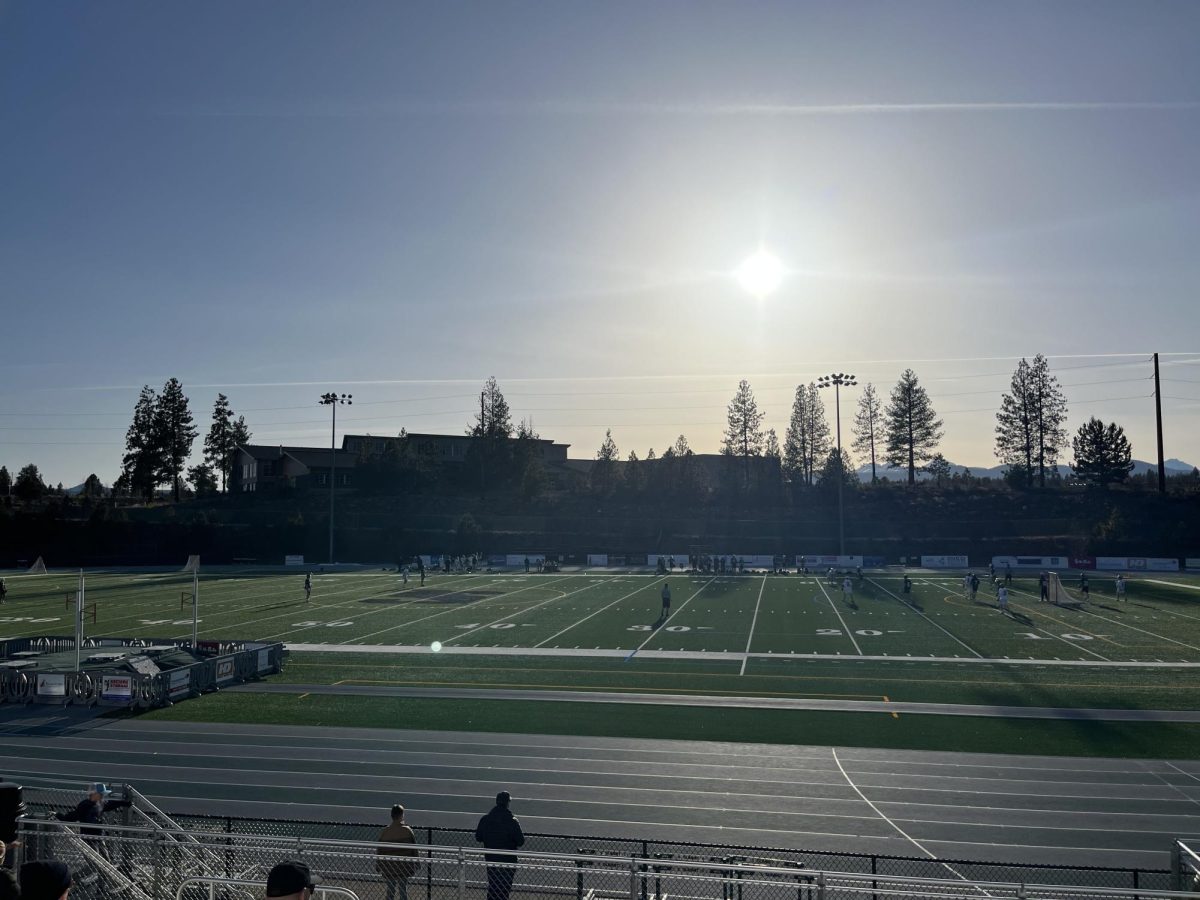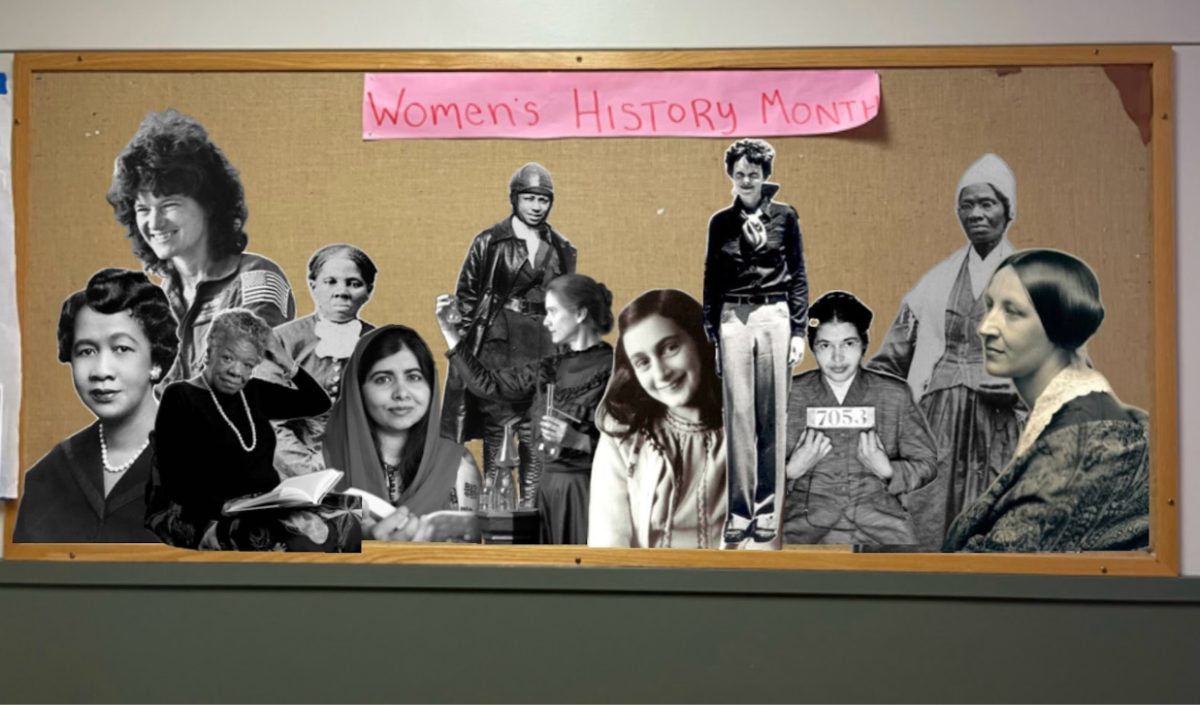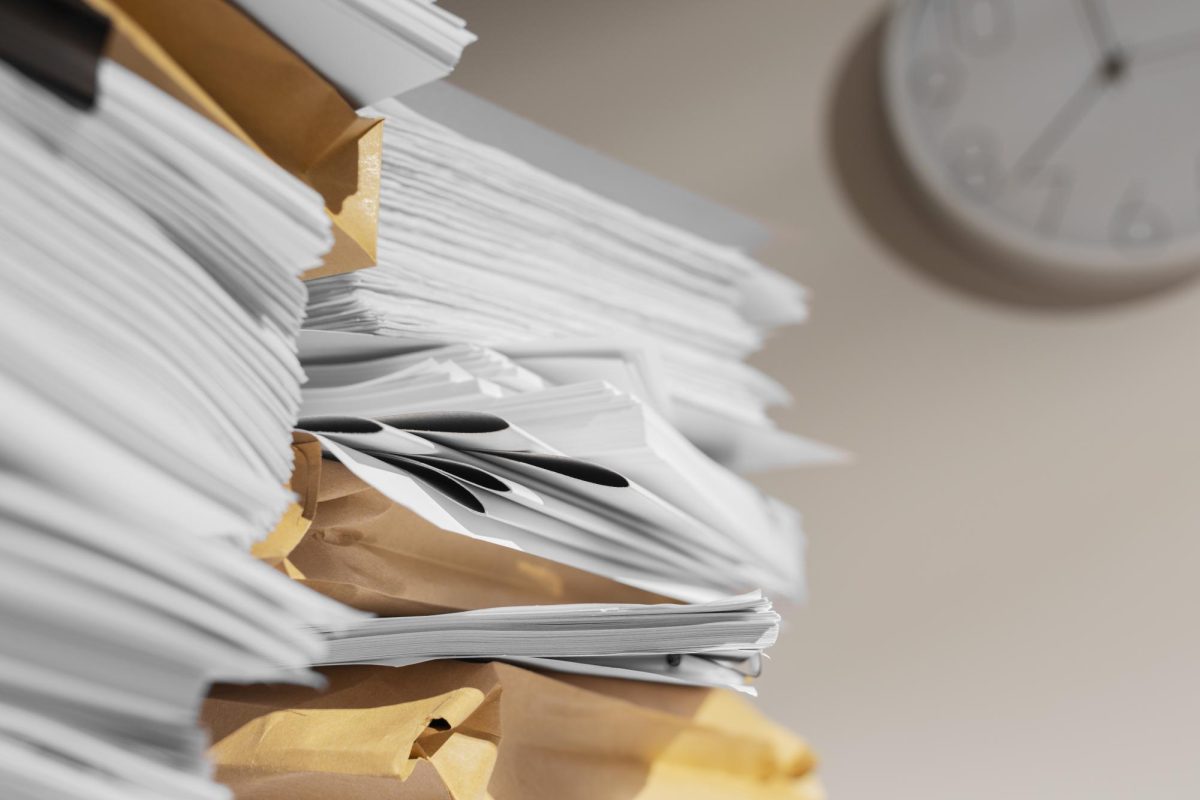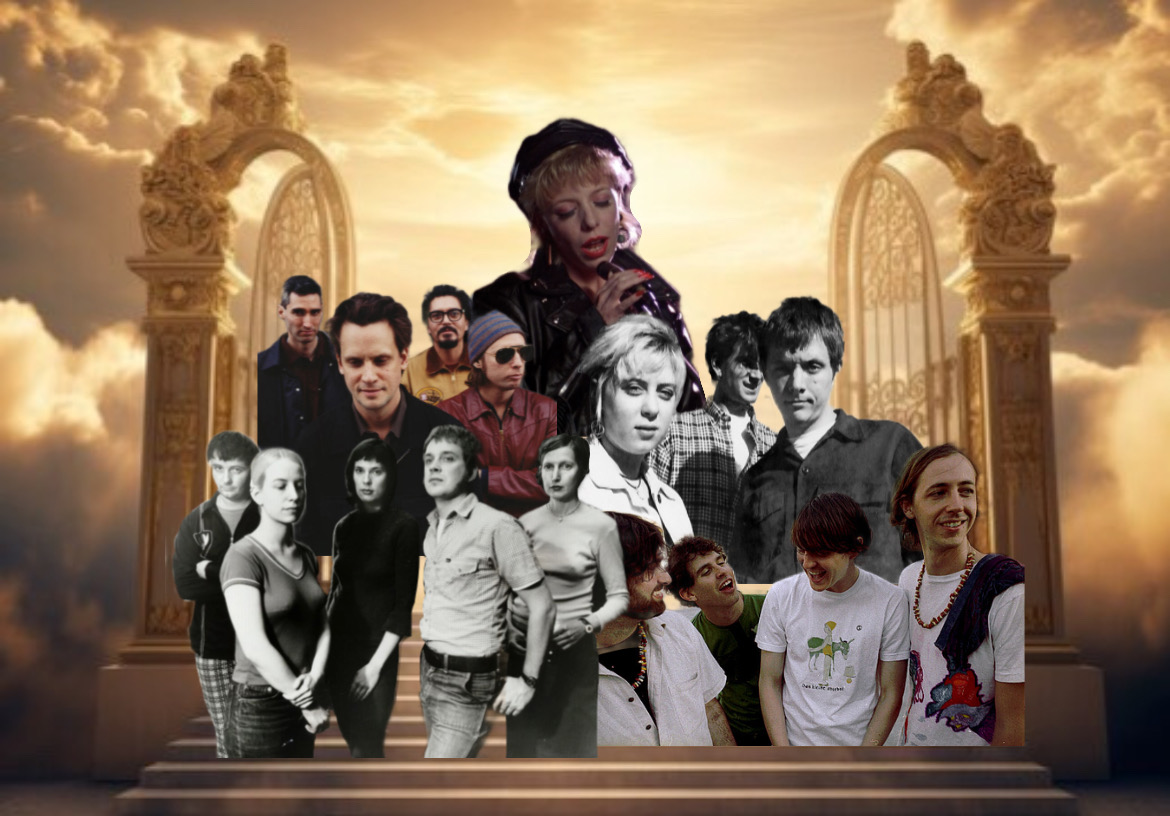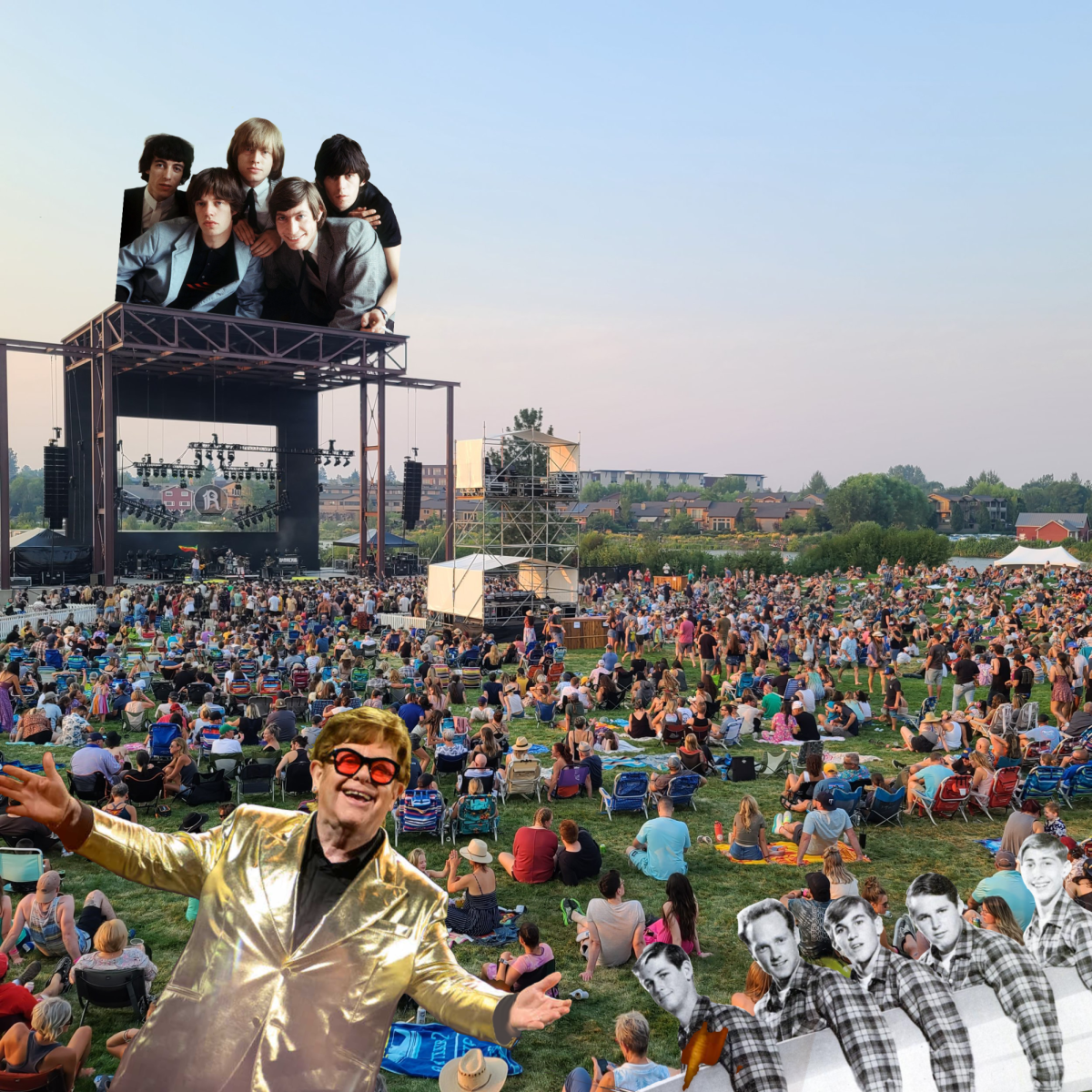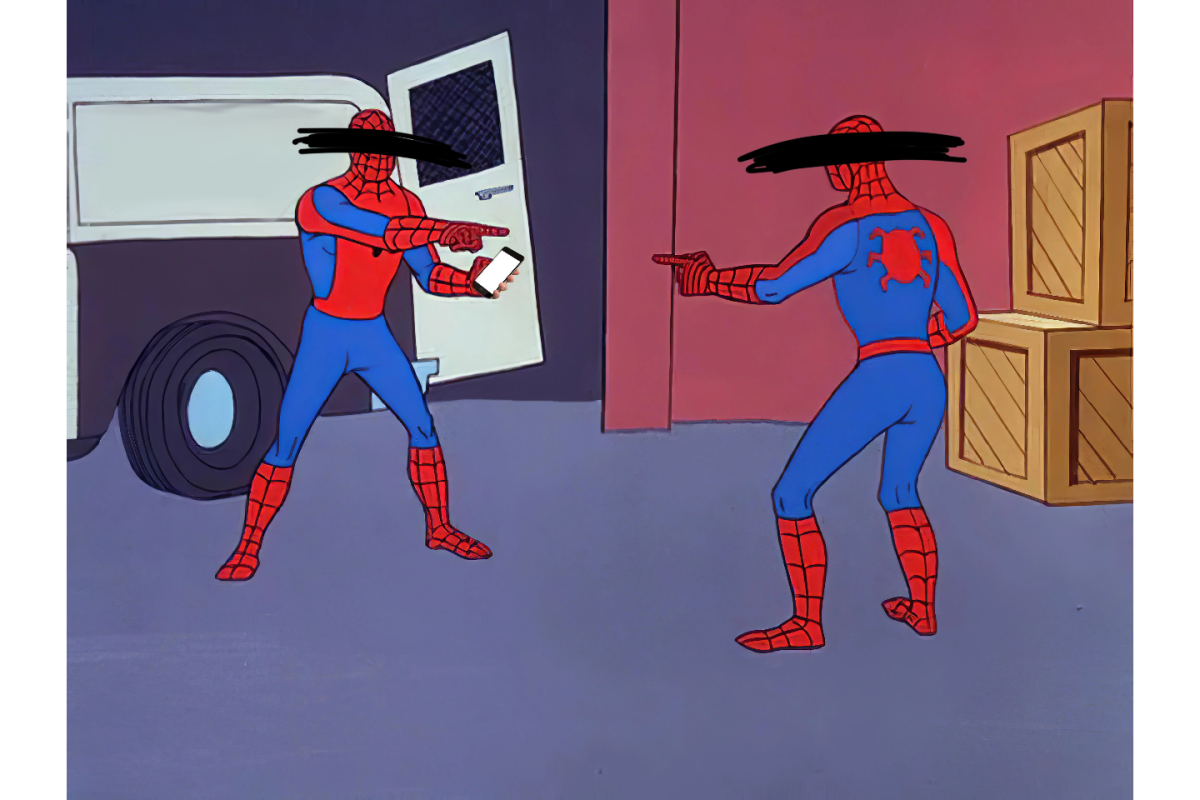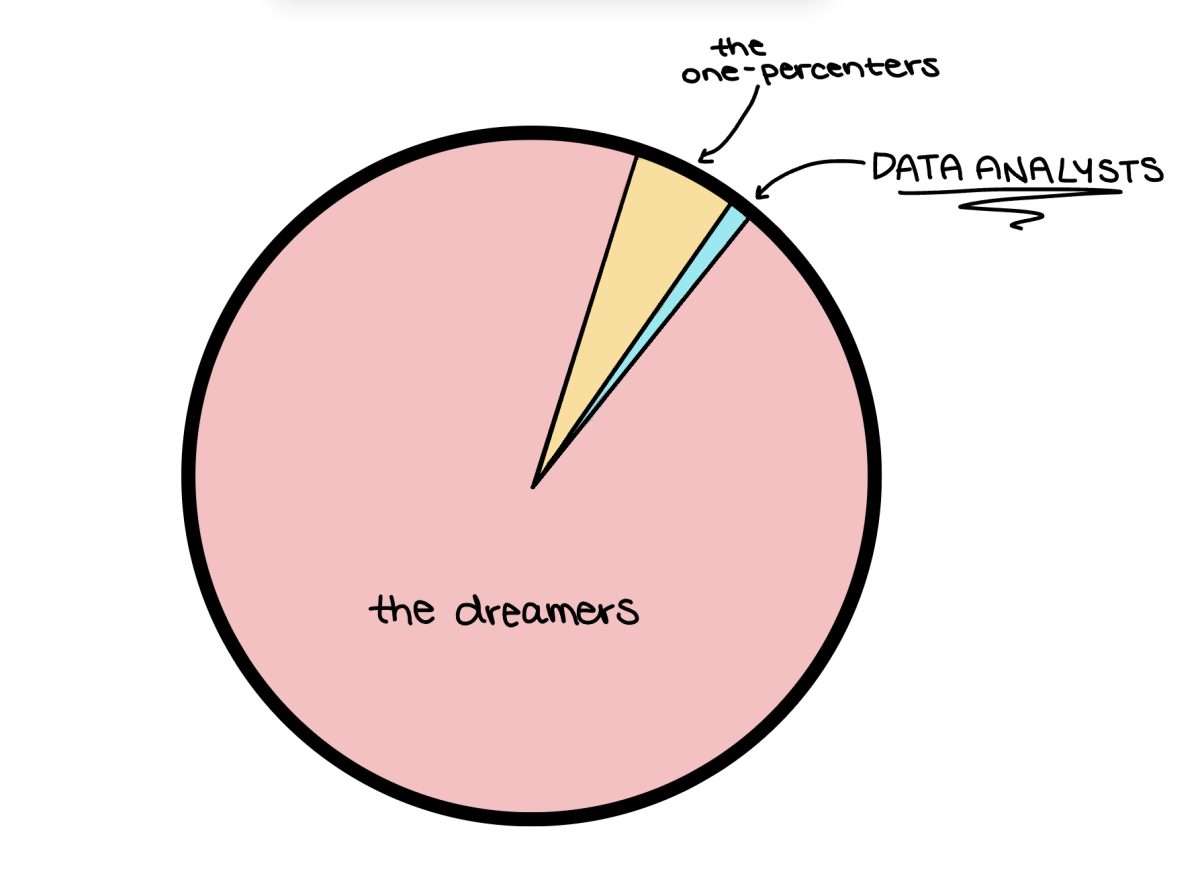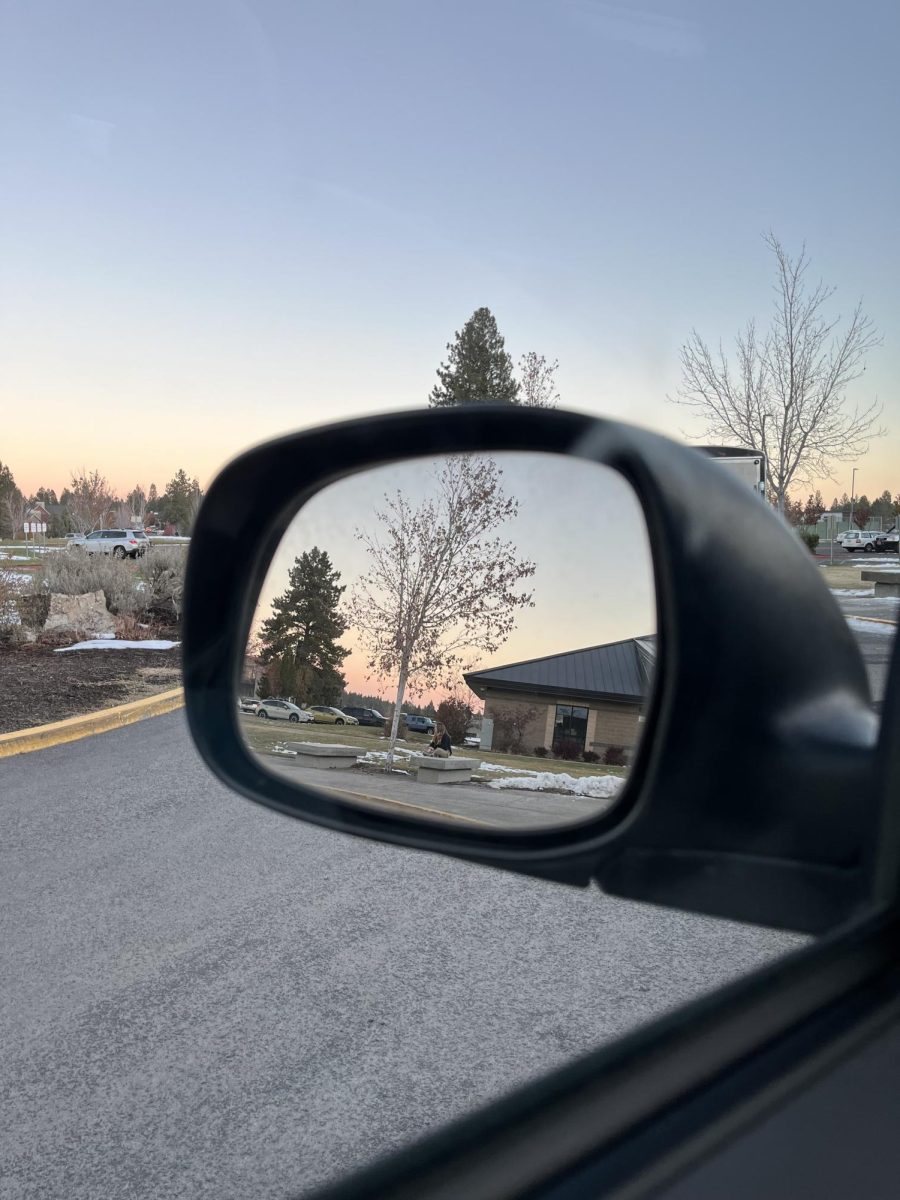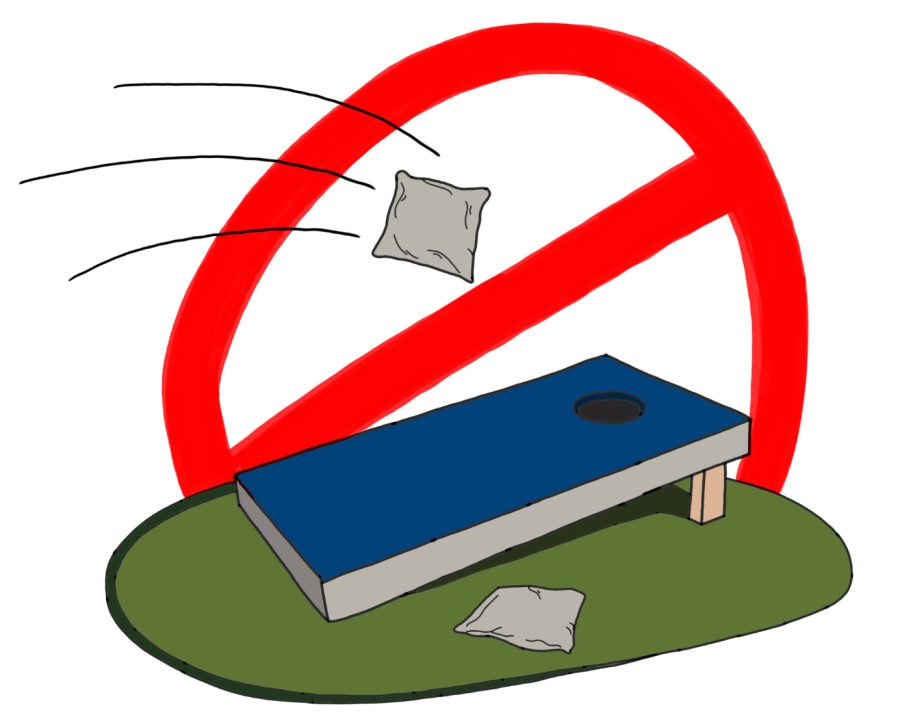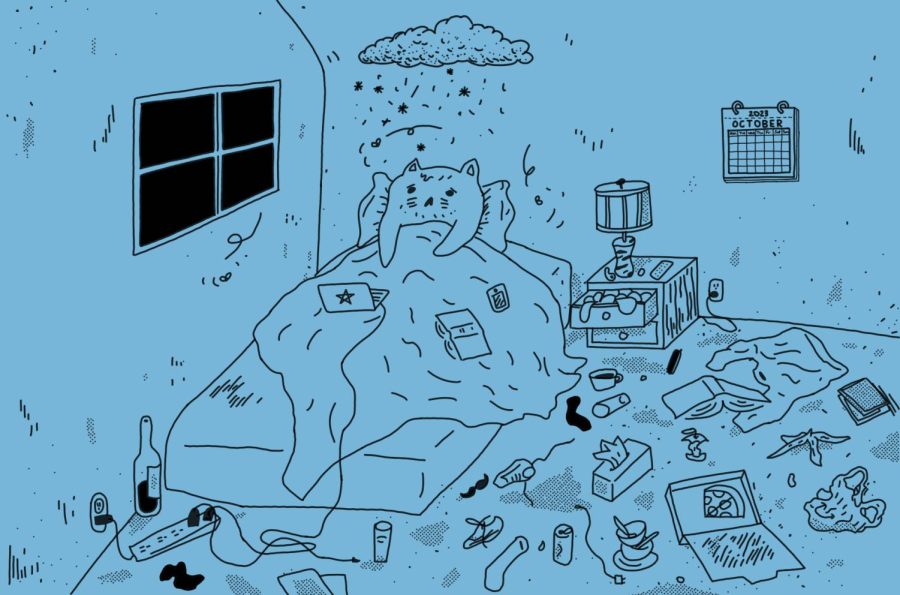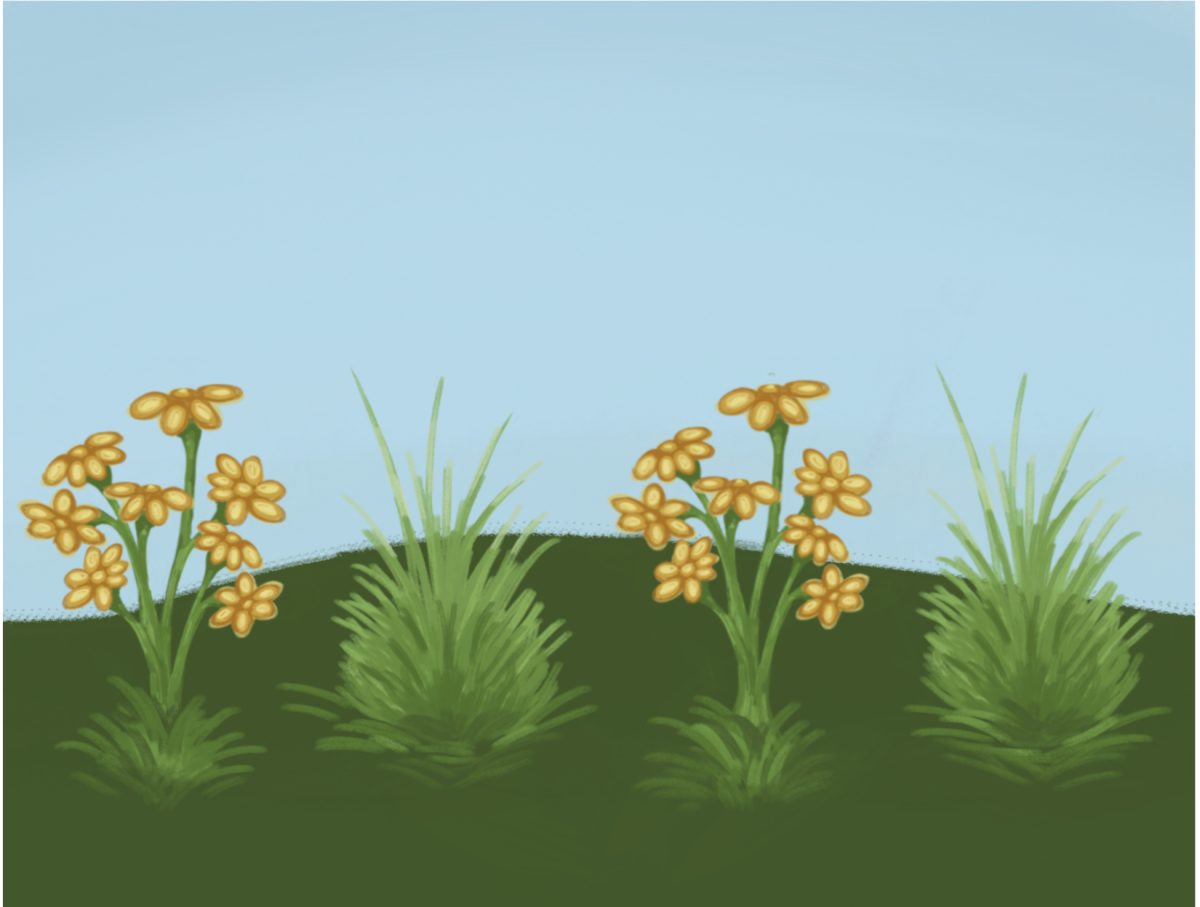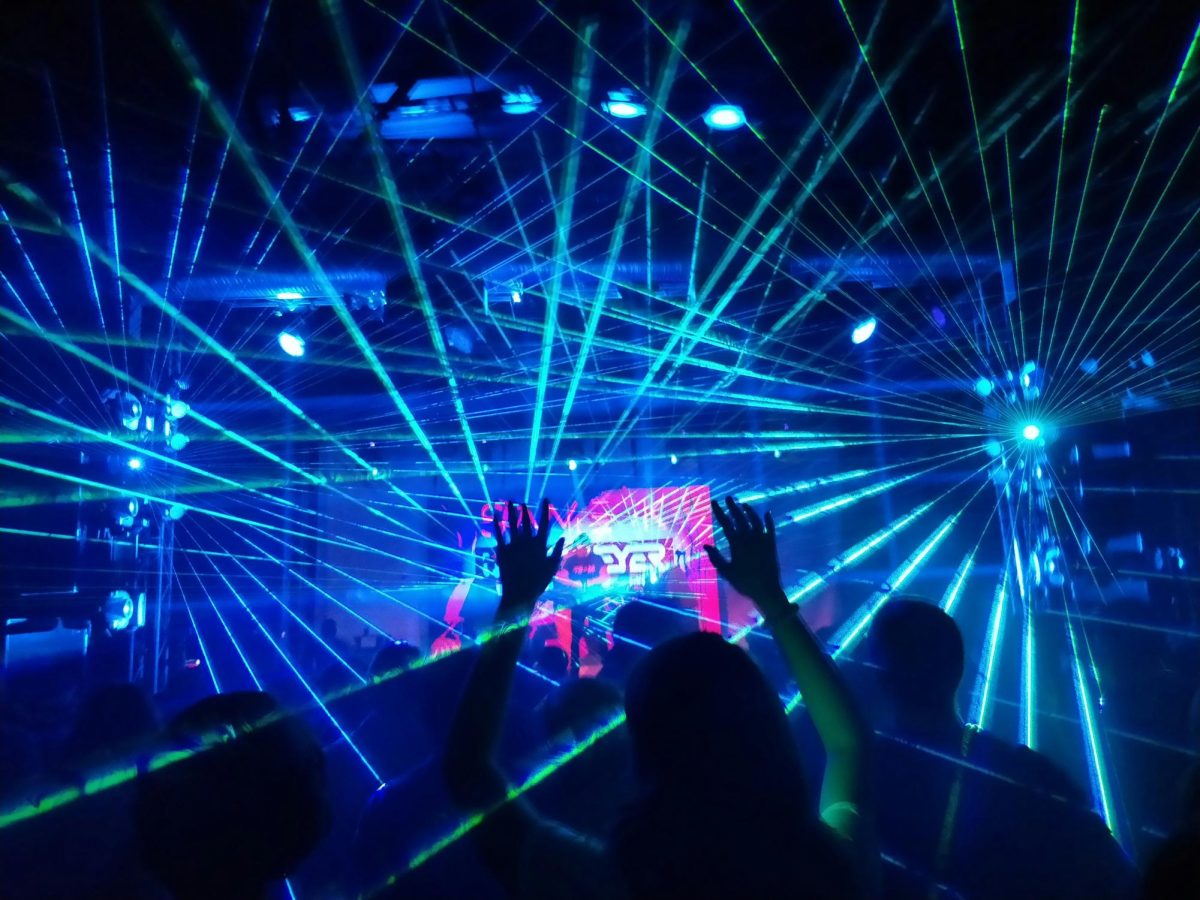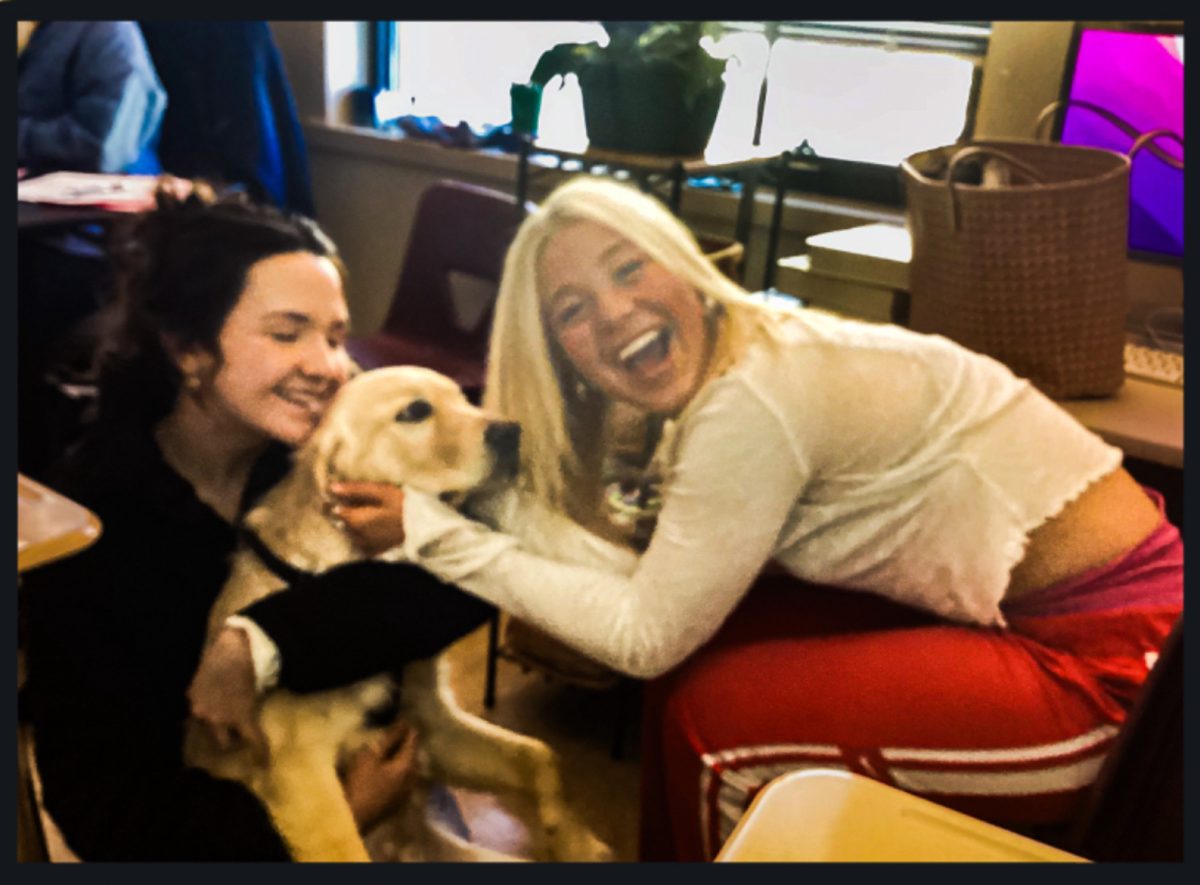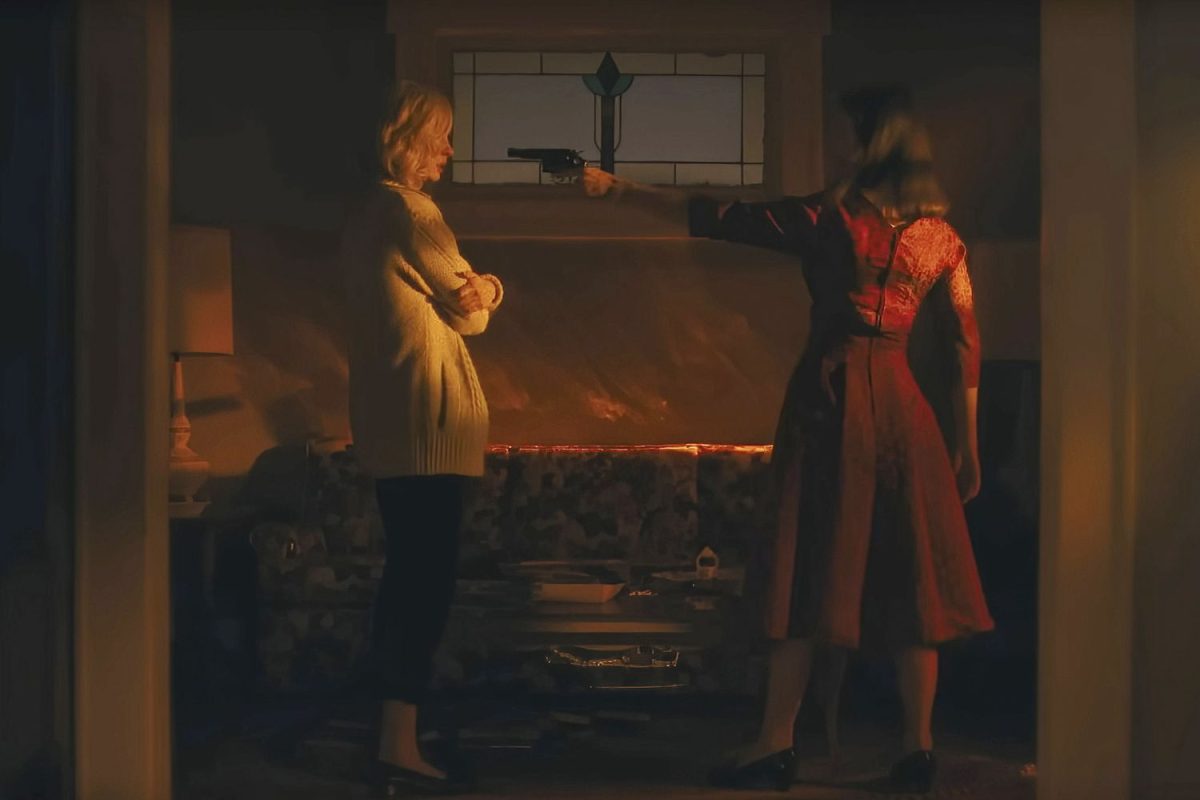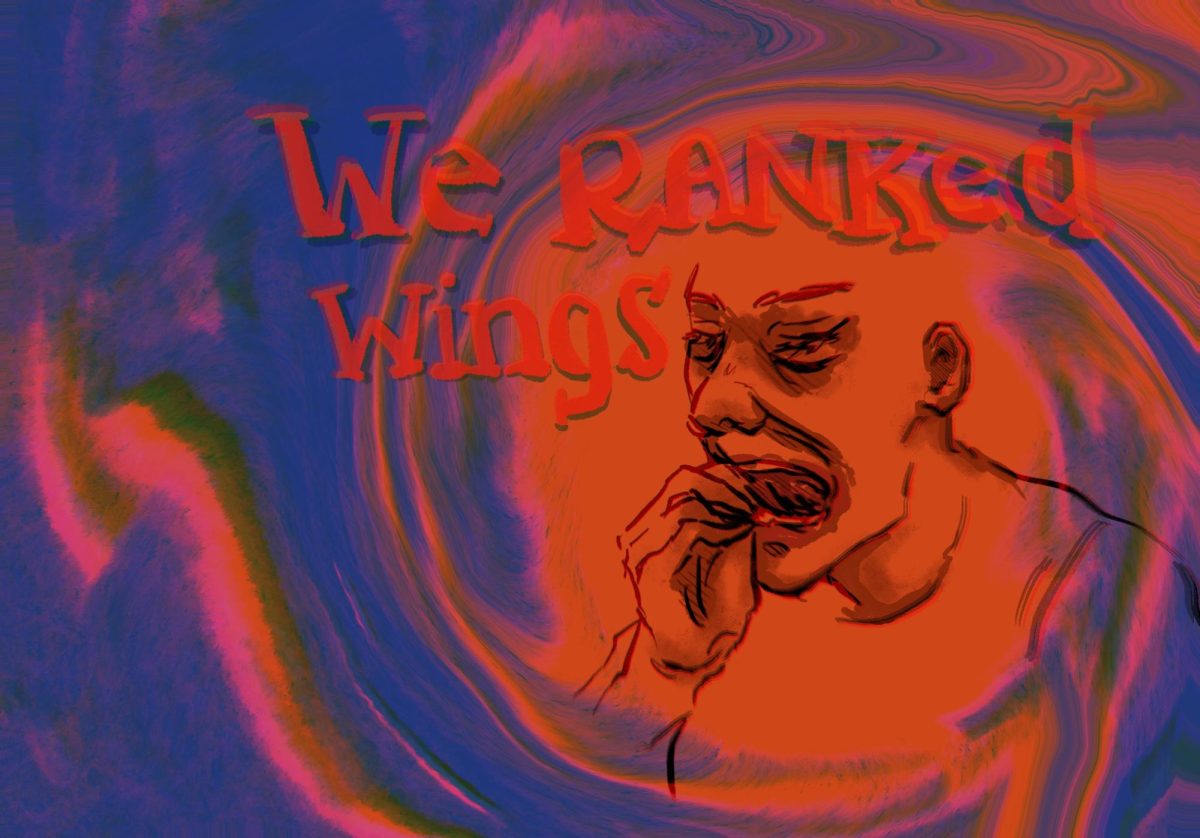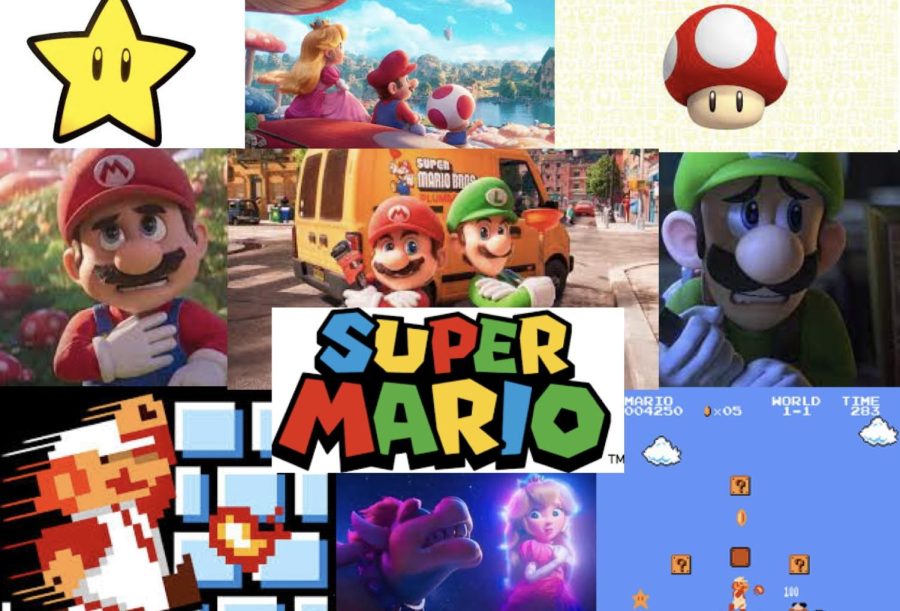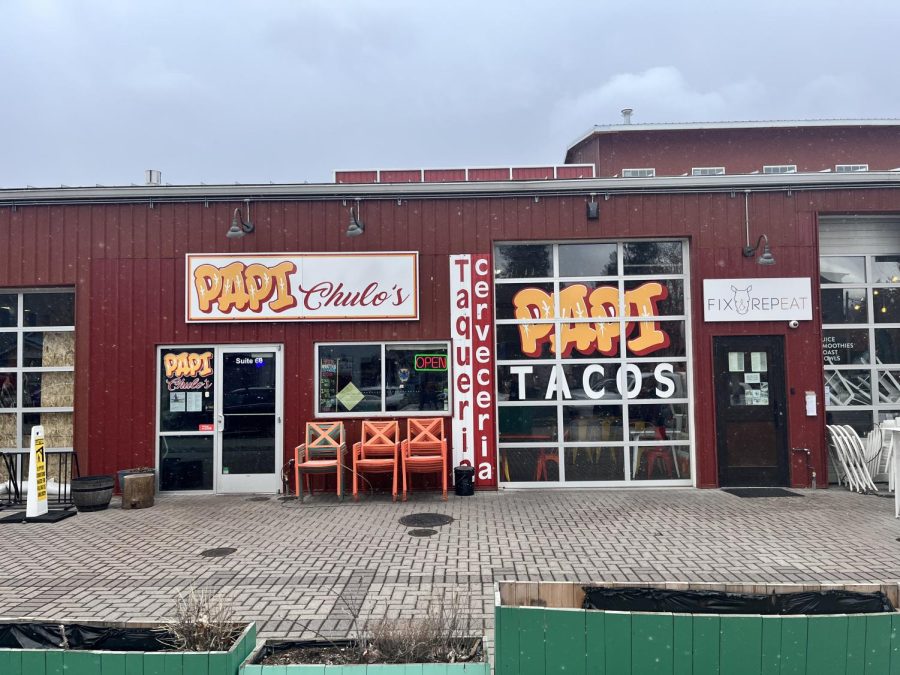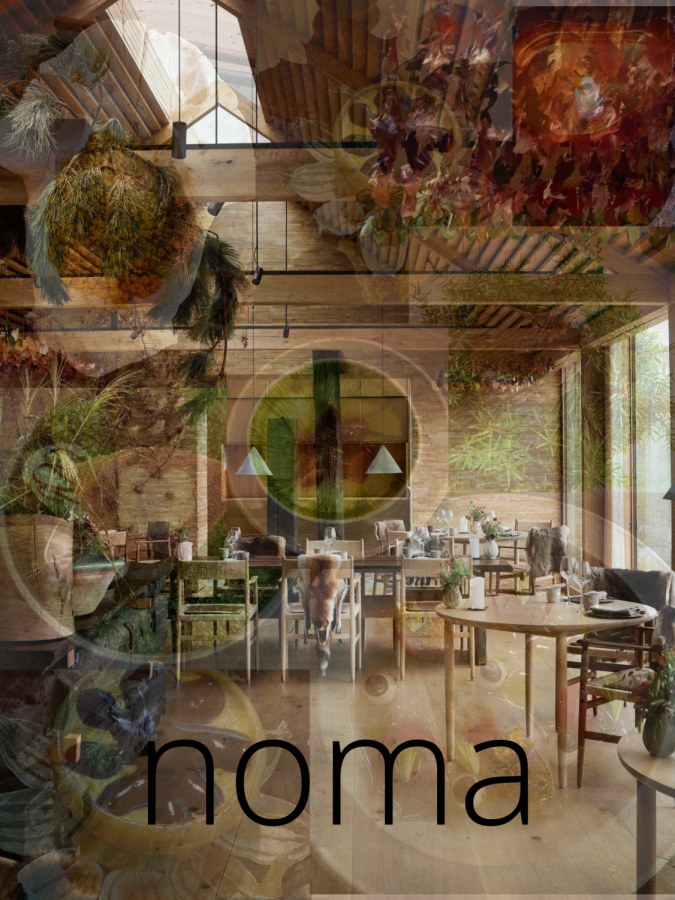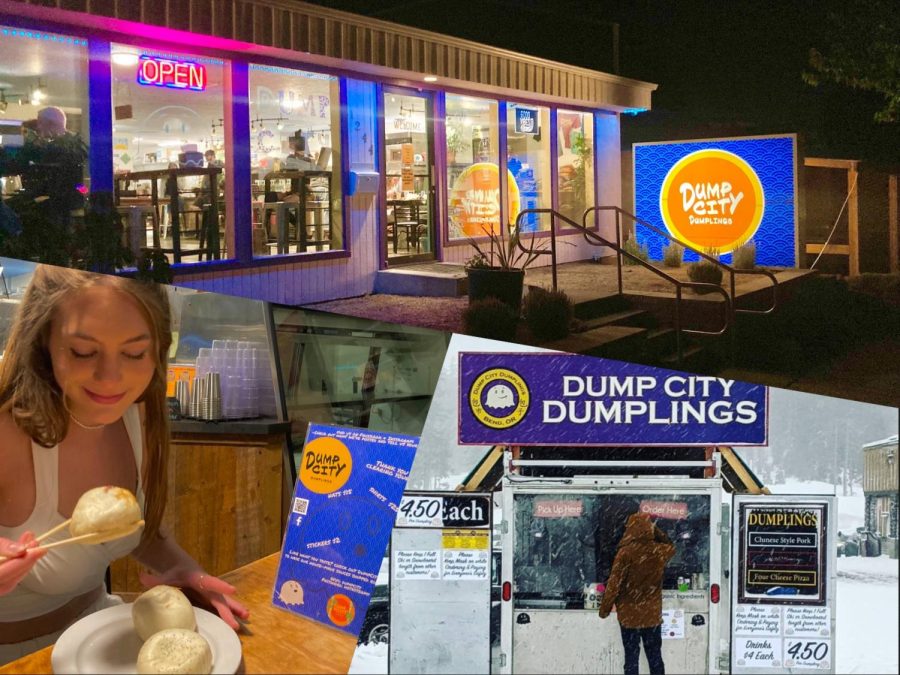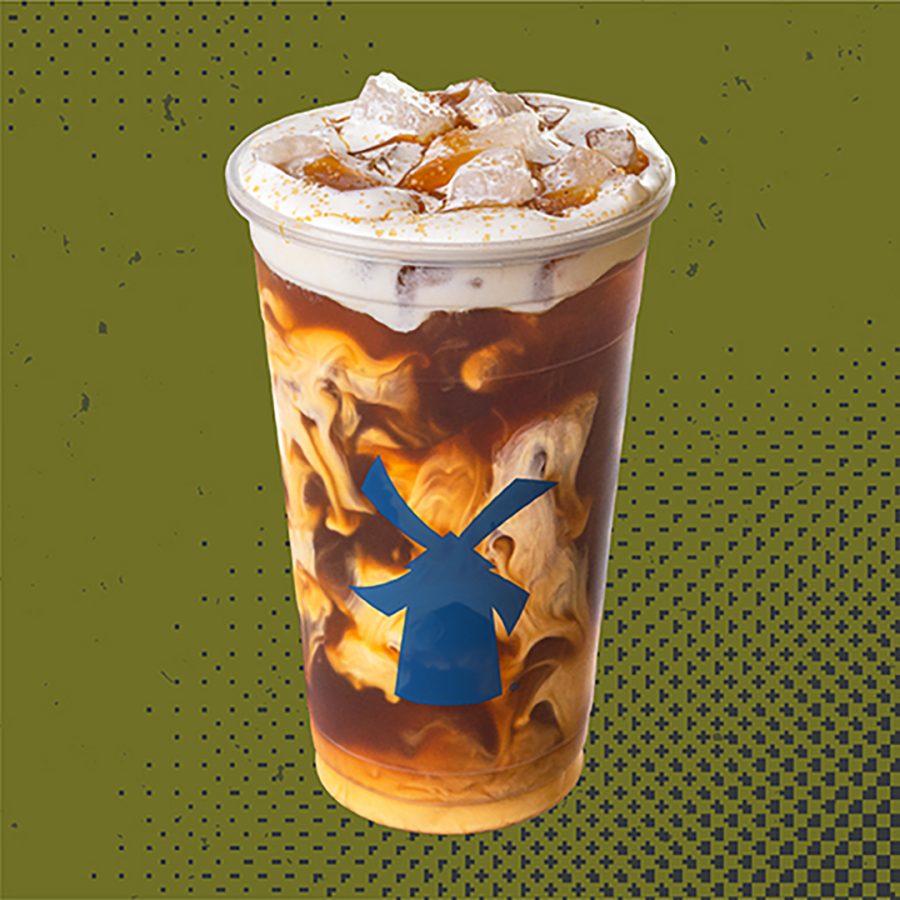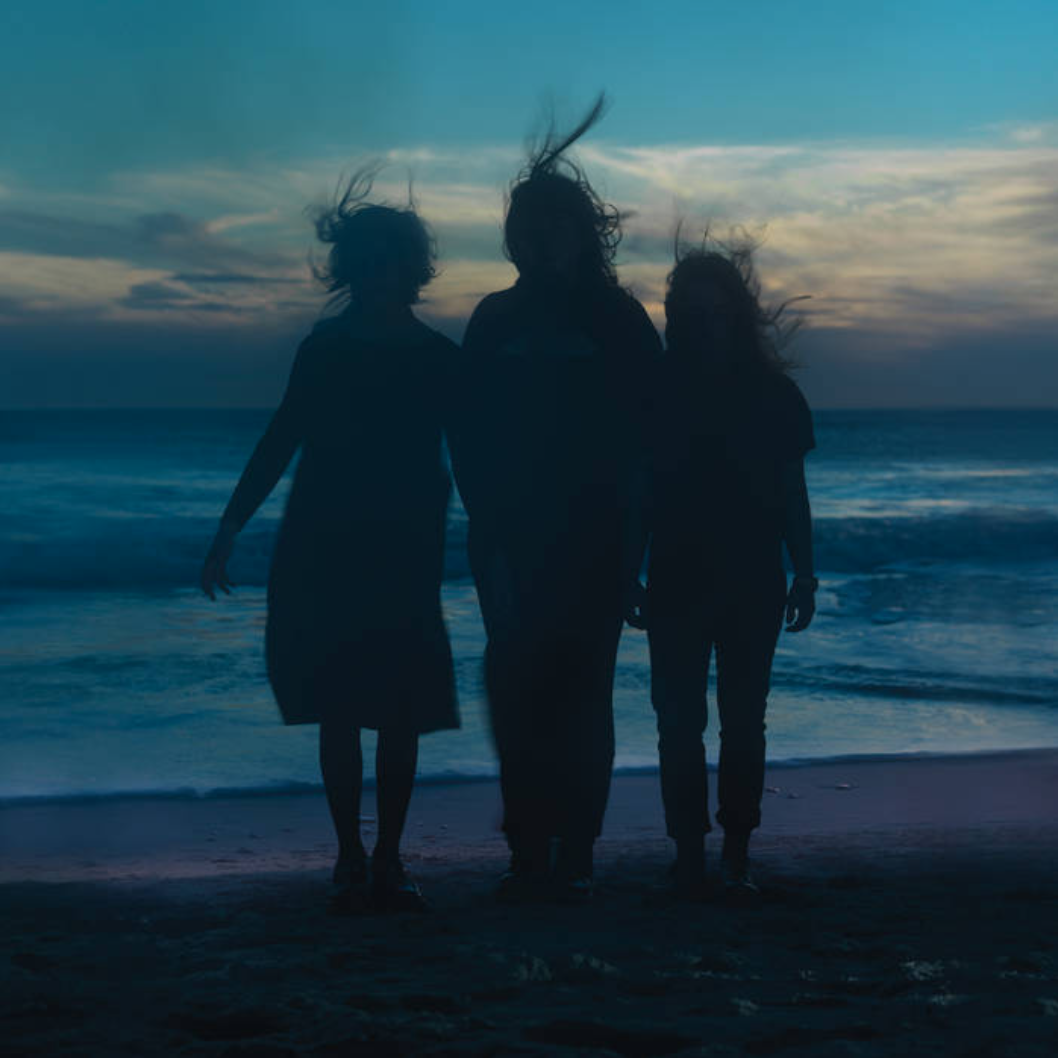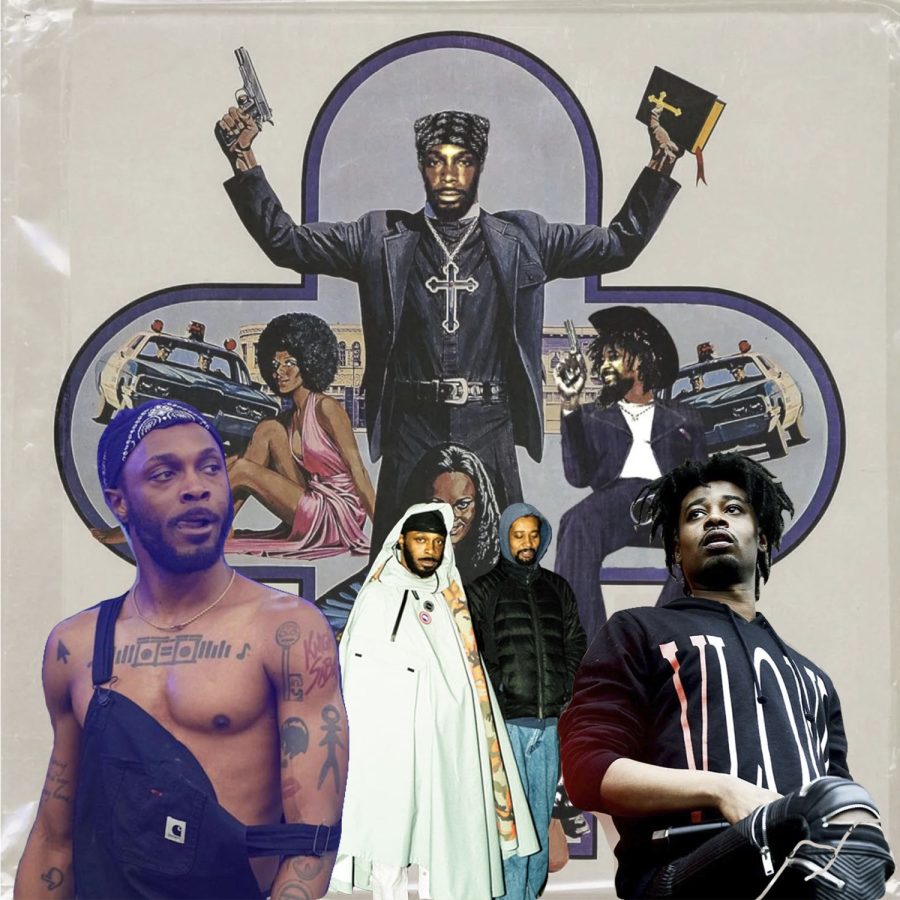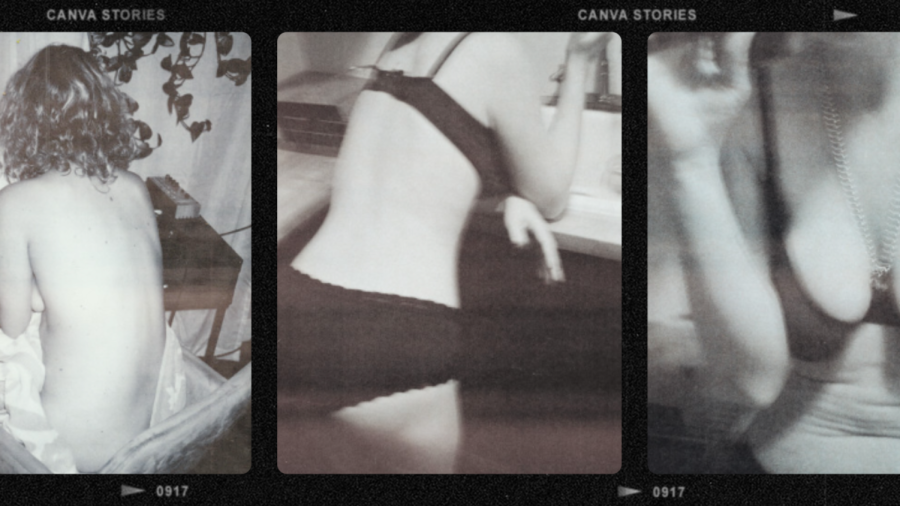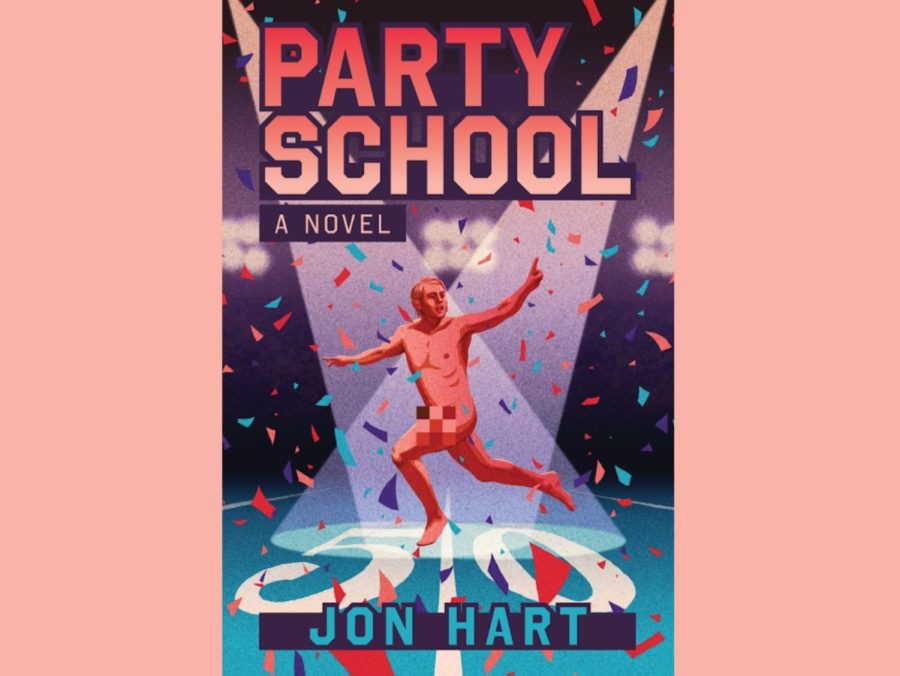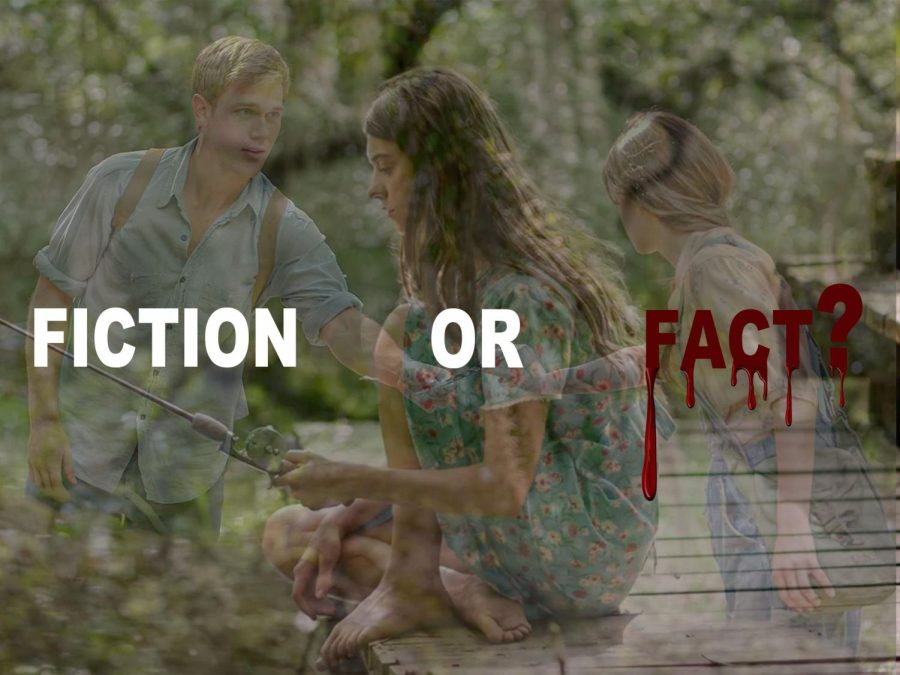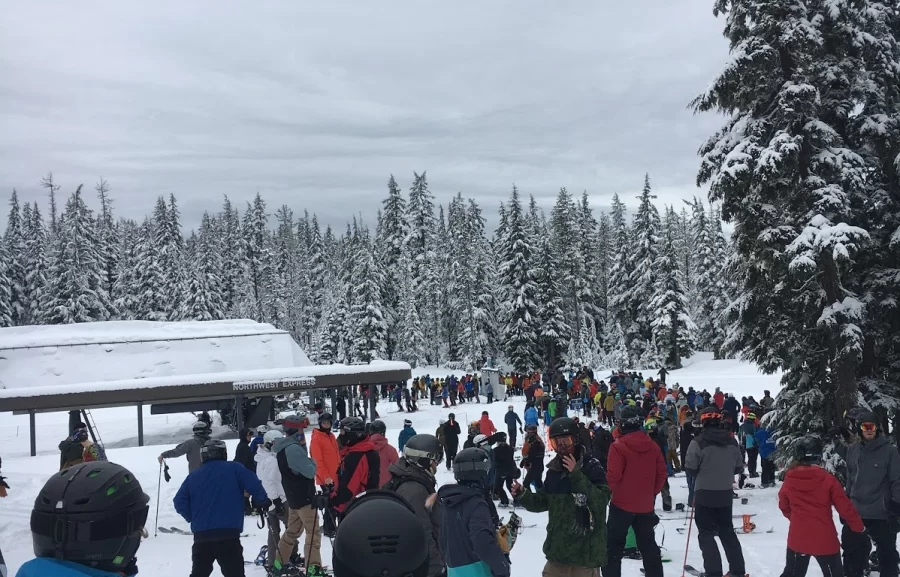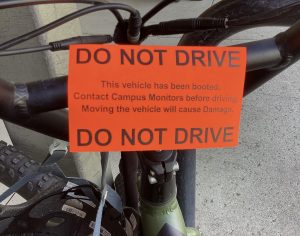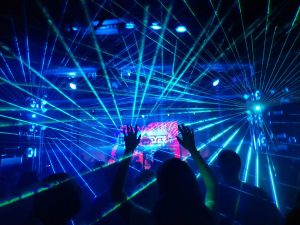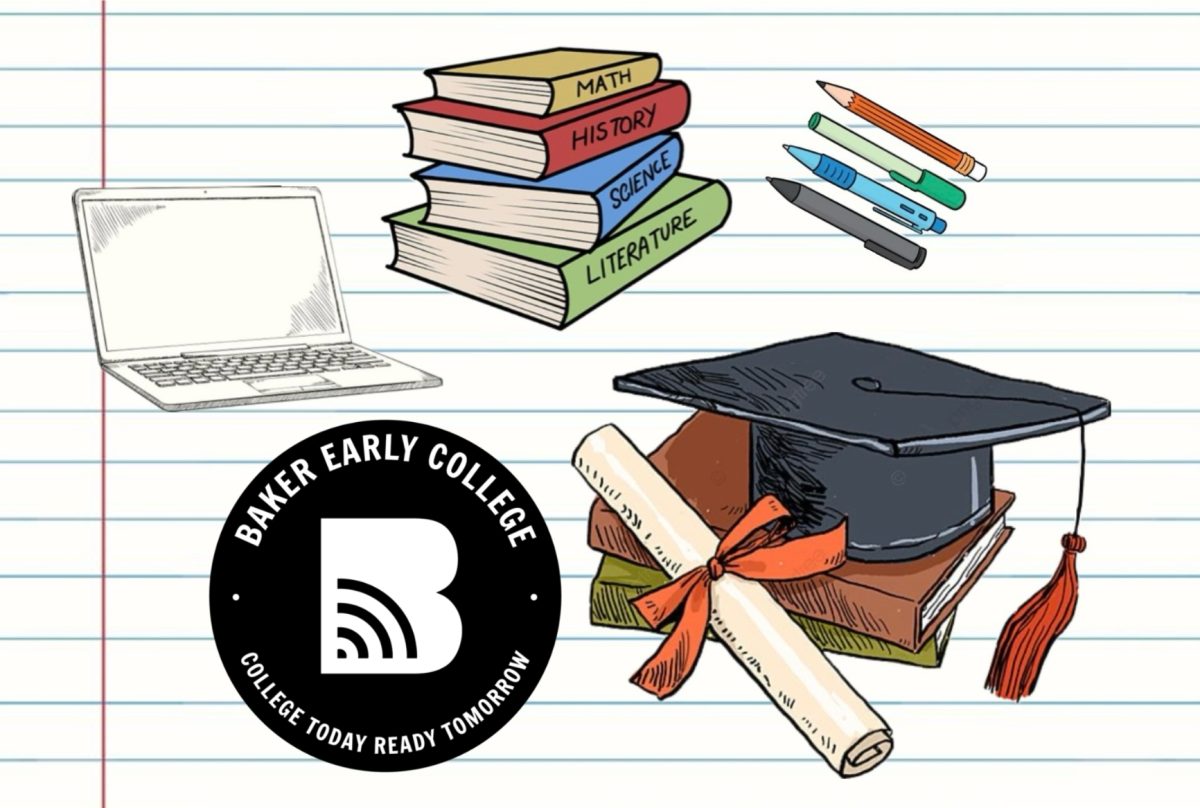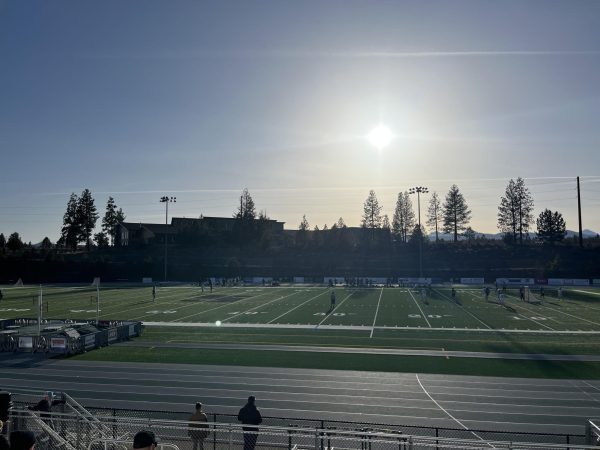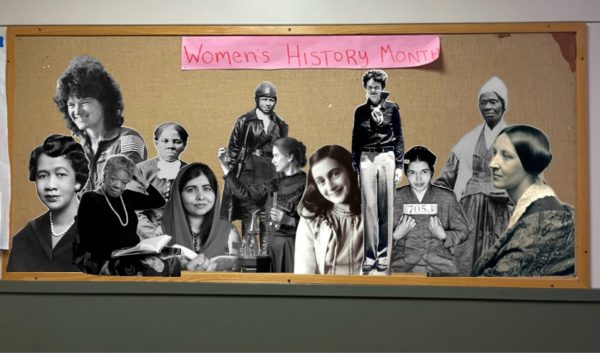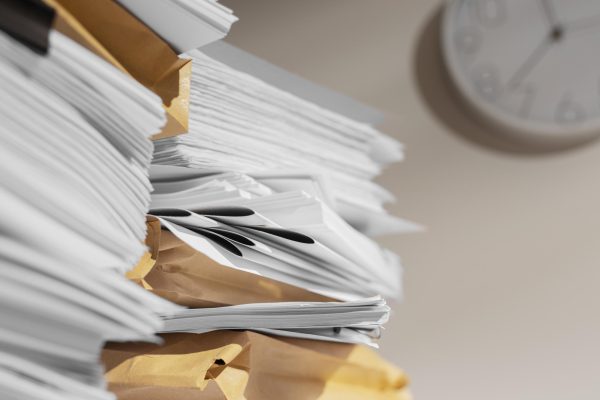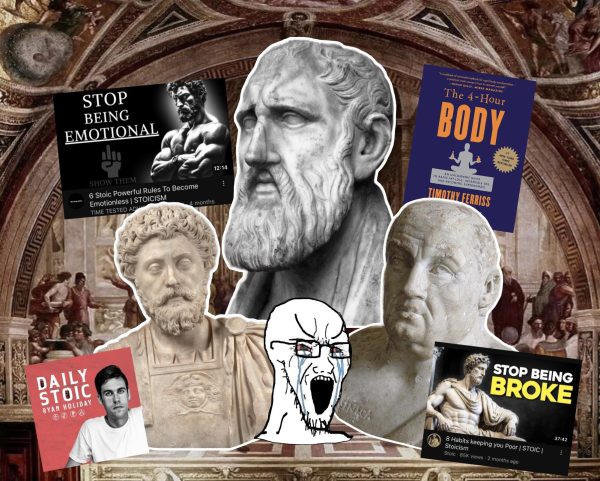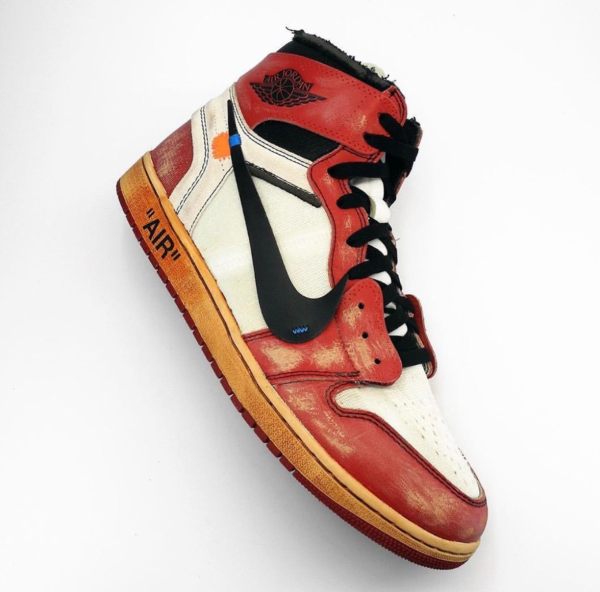Mt. Bachelor: Parking Reservations Gone Amok
February 10, 2021
It was a Tuesday morning, Mt. Bachelor had received some much needed snow the night before and I was jonesing for that Northwest Bowl powder. Of course, a parking pass is the modern equivalent to gold for local ski enthusiasts and by that standard, my trek to the mountain was not made alone. Accompanying me in the cramped space of my Subaru Outback were four of my closest friends. Packed to capacity, I had requested that each person wear a mask, a last ditch effort that was hardly adequate considering our shoulder-to-shoulder proximity.
But today, my guilty conscience would not override the prospect of fresh snow and I was giddy as I approached the lift. Any other year, I might have dreaded the anticipation of a lengthy lift line on a bluebird powder day. But this year, I reasoned, the pesky parking reservation system would be in my favor. Expectations can be so deceiving. As I rounded the corner to the lift I was met with an unwelcome spectacle: a crowd of people extending some fifty feet above the lift line. The apocalyptic nature of Covid restrictions seemed lost in the sea of skiers and the threat of a positive test result was nearly forgotten.
Last season, the fear of Covid-19 had shut down Mt. Bachelor completely. This year, in a strain for normalcy, Bendites seemed to have forgotten that Covid-19 still exists on the slopes. In an effort to ebb the crowds, Mt. Bachelor designed a parking pass reservation system that would restrict the number of cars in the lots. In contradiction to the desired result, parking lots are packed to the brim and lift lines crawl up the hill.
“I have waited in 20+ minute lines with hundreds of people so I question how effective the reservation system really is,” said senior Karli Anderson.
Observing this phenomenon, the reservation system becomes somewhat of a mystery. It is virtually impossible to reserve a parking pass the night before or even on the sunday before.
“I have to sit on The Mt. Bachelor Website like a maniac, constantly refreshing, just to see if a spot will become available,” said AP Statistics teacher Brandon Thompson. “It’s become an obsession. I’ll be grading papers and after each paper, I check the website again, it has taken over my whole life.”
Thompson’s frustration might lead one to think that spots available for reservation must be extremely limited. Parking lots packed to the brim seem to suggest the opposite.
“Last week, when the Summit lift opened, I got to the skyliner parking lot at 9:30 and had the last spot in the lot,” Anderson said.
The question arises: if there are so many spots available to reserve, how is it that they are so quickly filled up? The coinciding issue is that passes can be reserved Sunday nights for up to seven days out of the following week. This feature allows many skiers to opt for the strategy of insurance. Reserving spots for all seven days of the week guarantees that if there is a powder day, it will not be missed for lack of reservation.
“Anybody can make a reservation with any email so a lot of people set up 3-5 dummy email accounts and made reservations under each account,” Thompson said. “By doing this, they took all of the supply away from people who are more honest, Mt. Bachelor has created a loophole for dishonest people to hoard all of the passes.”
Of course, it is not reasonable to ski the seven days a week that are being reserved. In this situation, many reservations are canceled the morning of when the pass holder decides conditions aren’t up to par.
“Parking tends to open up in the morning rather than the night before,” Anderson said. “I had friends come down from Washington and they had previously asked me for a ride, but they were able to get a pass the day of.”
However, the cancelation deadline being 7 am, many passes go unused. It only takes two unused passes for a user to be banned from reserving passes. One might assume this penalty would discourage such behavior, but every system has flaws.
“I’ve been up at the mountain the past ten days in a row, and every day that it was foggy or rainy I had three or four people text me asking to scan their passes for them because they didn’t feel like driving up,” Anderson said.
The issue with both morning pass cancelations and unused passes is it eliminates any opportunity for planning in advance. Skiers can either wait for the morning of to try reserving a pass or make plans to carpool with someone who already has a pass for that day. For those tied to a tight school or work schedule, carpooling seems to be the best option to get in turns while you can.
“The reality is, you should only be going to the mountain with people in your covid safe circle. I only carpool with my family and my two neighbors, and all of us only see each other,” Thompson said. “However, it would be difficult for Mt. Bachelor to police carpooling because some people are being safe while others just jump in the car with whoever has a pass.”
With that in mind, the entire system is flawed. Scientists and logic have told us that the chances of catching Covid-19 are much higher within a crowded car than a spacious lift line. Placing restrictions on how many cars are allowed in a lot only increases the amount of people in the car. Even so, the parking lot capacity has barely changed. There is merely the illusion that it has, thanks to the frequency at which people are reserving spots they do not intend on using.
Some passholders are demanding a revision to the system.
“They’re not spacing out the cars any more than they were before,” Anderson said. “If I were bachelor, I would space out parking spots to every other spot, extend the cancelation time to noon, and put restrictions on how many people can be in the car at the same time.”
Others want to reinvent the system entirely.
“I’ve recently skied at Jackson Hole and Crystal Mountain, both of which use a ski pass reservation system rather than parking,” Thompson said. “If you say there can be 1,000 cars but there are six people in each car, that’s 6,000 people at the mountain. The idea is to control people and make it safe for passholders to ski, the only way to truly do that is to make a reservation for the pass rather than the parking.”
While both suggestions offer sound solutions, compromise is the best bet. A system for reserving spots through ski passes poses an economic threat to the mountain in regard to tourism. This type of reservation system would make it extremely difficult for one group of people to acquire pass reservations on the same day, discouraging family expeditions to the sunny slopes of Mt. Bachelor. On the other hand, simply spacing out the cars and allowing fewer reservations would not only enable the proliferation of dishonest passholders cheating the system but also increase the reliance on carpooling.
For the highest success rates, both in regards to safety and revenue, Mt. Bachelor should implement a combination of both the parking and ski pass reservation. Parking passes would be reserved by passholder ID and available in fewer quantities. The use of a similar format to concert tickets (groupings of one, two, three, and four people per car) would police the amount of people at the mountain without disabling family ski days. Lastly, yet most importantly, pass scanners would validate the amount of people in the car and implement a strict policy of turning away cars filled past capacity. Word would quickly catch and few would dare cheat the system.

